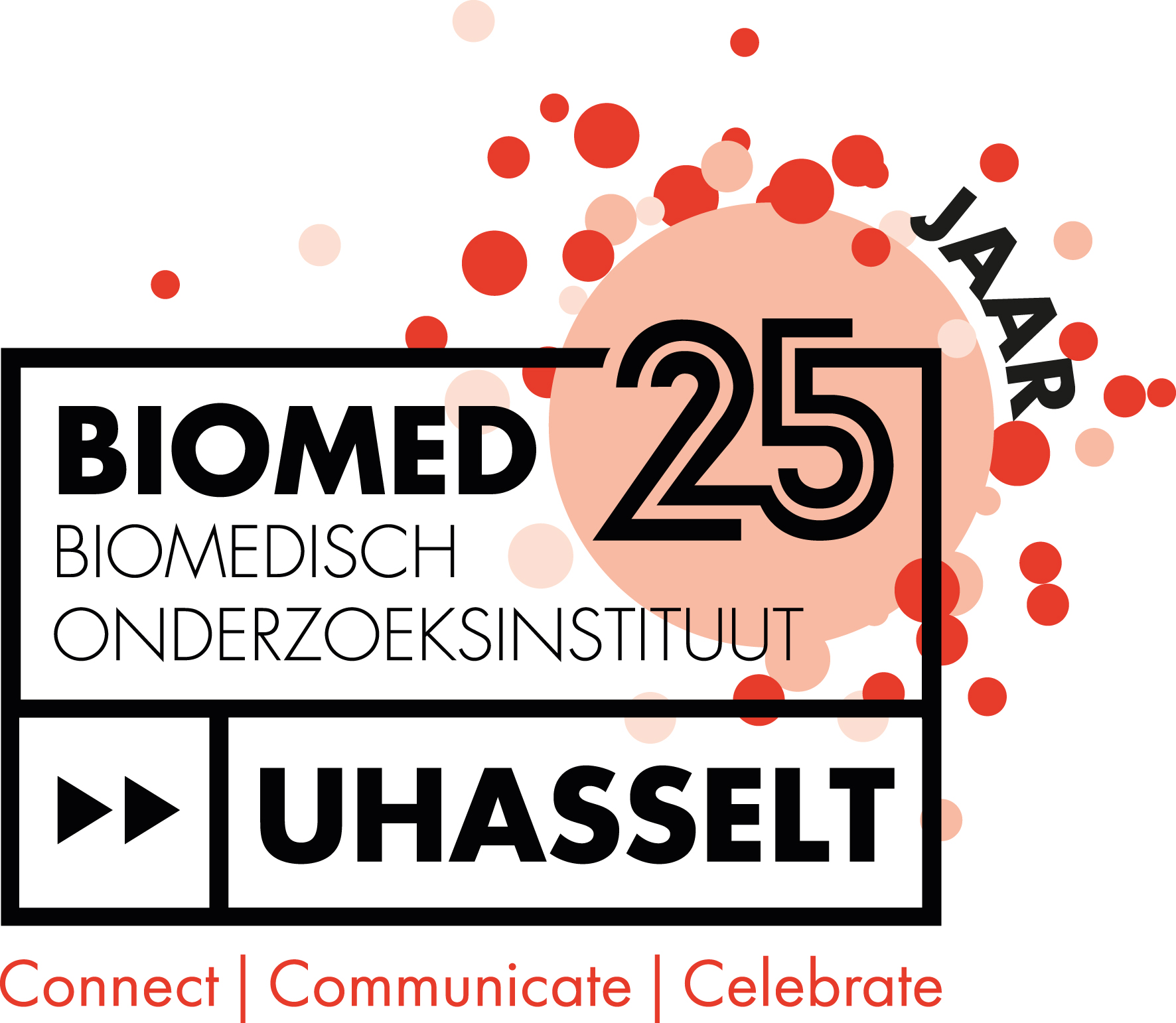COVID-19 & MS Global Data Sharing Initiative


Summary
As the COVID-19 pandemic unfolded across the globe, the demand for data on the impact of the novel coronavirus on people with MS grew rapidly. Therefore, the MS Data Alliance and the MS International Federation (MSIF) have teamed up to set up a COVID-19 in MS Global Data Sharing Initiative (GDSI).
The mission of the GDSI was to support people affected with MS, healthcare professionals and researchers during the COVID-19 pandemic.
Therefore, we focused on 3 objectives:
- Objective 1: Scale-up COVID-19 data collection efforts
- Objective 2: Achieve insights to support care during the pandemic
- Objective 3: Act as stimulus to steer ongoing and future scientific research
In the first week of the GDSI, a list of variables that was seen as the common denominator across all the different initiatives focussing on COVID-19 in people with MS was agreed upon by a global task force. We refer to this as the COVID-19 & MS Core Data Dictionary (link). We reached out to individuals and organizations across the global MS movement to get involved and data (collected by people with MS and/or their caregivers) was collected via 3 data streams:
- Fast data entry
- Centralized patient-level data collection via MS registries
- Federated approach
This information was crucial for people with MS and clinicians to make evidence-based decisions on how to manage their condition during the pandemic or in case of a COVID-19 infection. Information on more than 10,500 people with MS has been reported across 80 countries and because of the involvement of so many (data partners, analysts, platform provider QMENTA, operational team, legal team,...), crucial information could lead to evidence-based decisions during the pandemic.
From the GDSI, we learnt that:
- The MS community can work together to adhere to unseen timelines to achieve results
- In a time of crisis, ethical, technical and legal barriers can be overcome within a limited amount of time
- A common denominator early in the data collection process facilitates downstream collaborative research
- Implementing automated data quality checks as well as federated analysis pipelines enables data scale-up and reduces time
Role of UHasselt
- Project coordination
- Involvement in data wrangling, data analyses, federated architecture
Publications linked to the GDSI:
- Peeters LM, Parciak T, Walton C, et al. COVID-19 in people with multiple sclerosis: A global data sharing initiative. Mult Scler. 09 2020;26(10):1157-1162. (link)
- Simpson-Yap S, De Brouwer E, Kalincik T, et al. Associations of Disease-Modifying Therapies With COVID-19 Severity in Multiple Sclerosis. Neurology. Oct 05 2021. (link)
- Simpson-Yap S, Pirmani A, De Brouwer E, Peeters LM, Geys L, Parciak T, et al. Severity of COVID19 infection among patients with multiple sclerosis treated with interferon-β. Mult Scler Relat Disord. 2022;66:104072. (link)
- Simpson-Yap S, Pirmani A, Kalincik T, De Brouwer E, Geys L, Parciak T, et al. Updated Results of the COVID-19 in MS Global Data Sharing Initiative: Anti-CD20 and Other Risk Factors Associated With COVID-19 Severity. Neurol Neuroimmunol Neuroinflamm. 2022;9(6). (link)
